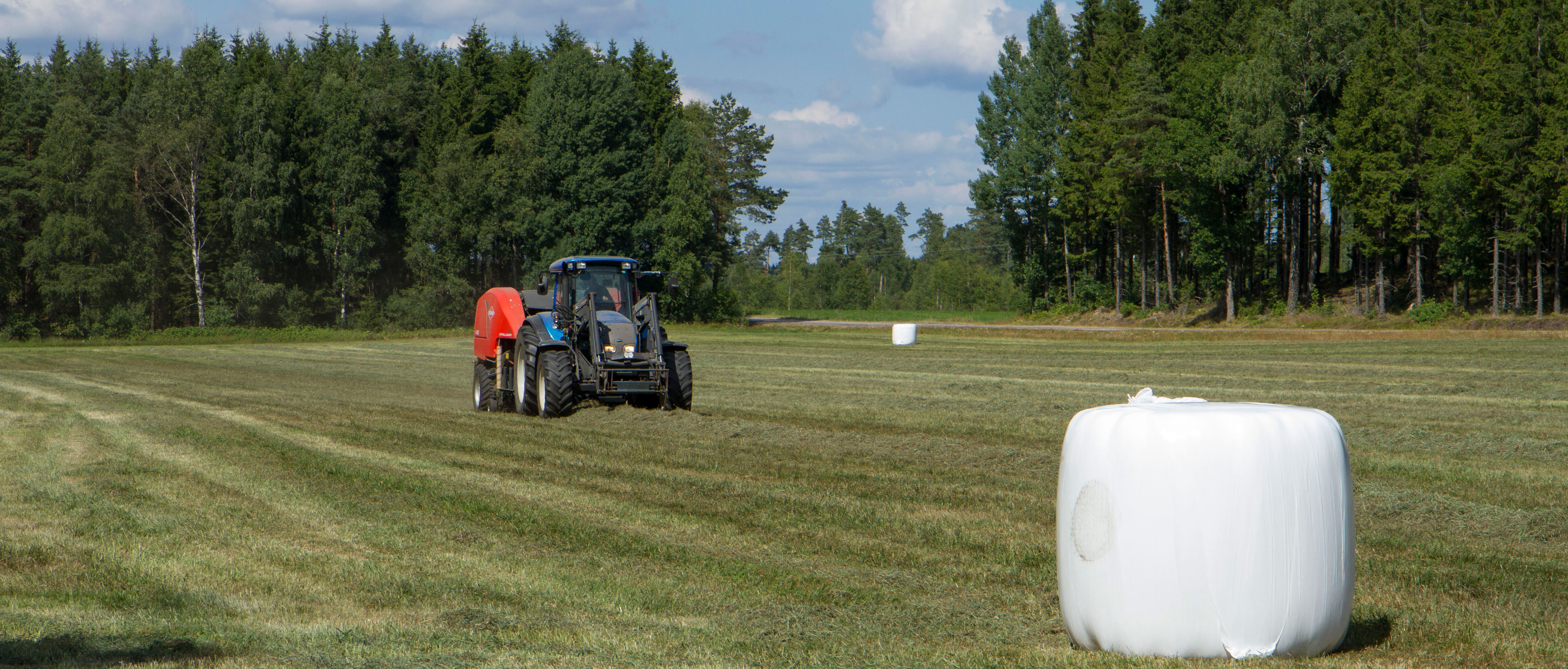
A new study published in Current Opinion in Environmental Sustainability proposes a four-step methodology for combining empirical knowledge from case studies with agent-based modelling. It focuses on an interdisciplinary, collaborative process of developing, testing, and refining explanations of social-ecological phenomena. Photo: J. Lokrantz/Azote
Bildtext får vara max två rader text. Hela texten ska högerjusteras om den bara ska innehålla fotobyline! Photo: B. Christensen/Azote
Complexity thinking
Case studies, models and complexity
Time to go from simply describing social-ecological systems to explaining how their complex interactions generate observed outcomes
- New study suggests combining empirical synthesis with agent-based modelling to unravel the causes of social-ecological phenomena
- The study’s four-step methodology focuses on an interdisciplinary, collaborative process of developing, testing, and refining explanations of social-ecological phenomena
- Such an approach requires ongoing collaboration between empirical researchers, theoreticians, practitioners, and modellers to build understanding through discussing, combining and contrasting different views in a participatory process
Research on coupled, or rather intertwined, systems of humans and nature is maturing. Social-ecological systems research is increasingly expected to do more than just describe them and instead explain the complex causality that characterizes them.
This challenge was recently taken up in a new study published in Current Opinion in Environmental Sustainability. Co-authored by centre researchers Maja Schlüter, Kirill Orach, Emilie Lindkvist, Romina Martin, Nanda Wijermans, Örjan Bodin and Wijnand Boonstra, the study suggests a combination of synthesizing general insights from case studies with so called agent-based modelling (ABM).
In particular, the study highlights how recent advances in qualitative and comparative empirical research as well as in the use of agent-based modelling, when combined, provide interesting opportunities for overcoming the challenges of explaining what happens in social-ecological systems and come up with better solutions to sustainability problems.
Different disciplines highlight different potentials of agent-based modelling for explanation and theory building including their use as, for example, virtual laboratories (ecology), for studying micro–macro links (sociology, psychology), or improving existing theory through introducing more complexity (ecology and economics).
Maja Schlüter, lead author
The authors all stress that agent-based modelling is an excellent method for studying causation in so-called complex adaptive systems. They do not, however, link these models explicitly to generalized empirical knowledge about causes of observed phenomena, but often remain either conceptual or specific to a particular case study.
Getting it real
Instead of focusing on aggregate variables such as the total number of fish, ABMs focus on agents, individual or collective, human or non-human, and their interactions with each other and their environments.
A model is designed as a virtual world that the researcher can experiment with. ABMs are common for simulating stock markets, societies, resource use, traffic, urban systems and increasingly also social-ecological systems.
The new study’s approach is inspired by the so called mechanism-based approach from analytical sociology.
However, it expands on that by more explicitly incorporating diverse knowledge sources and ways of knowing by developing, testing, and refining possible explanations for an observed phenomenon that ideally involves a diversity of empirical researchers, practitioners, theoreticians and modellers.
A four-step methodology
The new study proposes a four-step methodology for combining empirical knowledge from case studies with agent-based modelling:
Step1: Developing possible explanations of an observed empirical phenomenon through carefully generalizing from multiple case studies
Step 2: Formalizing each explanation in an agent-based model, testing whether it generates the phenomenon in the computer simulations and performing simulation experiments to unravel the causal mechanisms that may have generated it
Step 3: Validating the possible explanation with qualitative and quantitative data from case studies and expert knowledge to come up with plausible explanations
Step 4: Refining the explanation further and testing whether it holds under different conditions, while also exploring the possibility to conduct new case studies or data analyses to address questions that arose throughout the process
The researchers conclude that this kind of methodology, and the process of combining empirical knowledge and agent-based modelling, is different from most commonly found model applications. It differs in that the agent-based models are just one step in developing and testing empirical understanding in an iterative process, rather than the final outcome of the process in the sense of an empirical model that is then used for policy assessment. Despite it being time consuming, they describe their approach as promising for developing explanations for social-ecological phenomena.
The authors conclude: “We believe this is a way forward to not only develop middle-range theories but also provides insights for enhanced governance of complex social-ecological systems.”
Schlüter, M., Orach, K., Lindkvist, E., Martin. R., et.al. 2019. Toward a methodology for explaining and theorizing about social-ecological phenomena. Current Opinion in Environmental Sustainability Volume 39, August 2019, Pages 44-53








